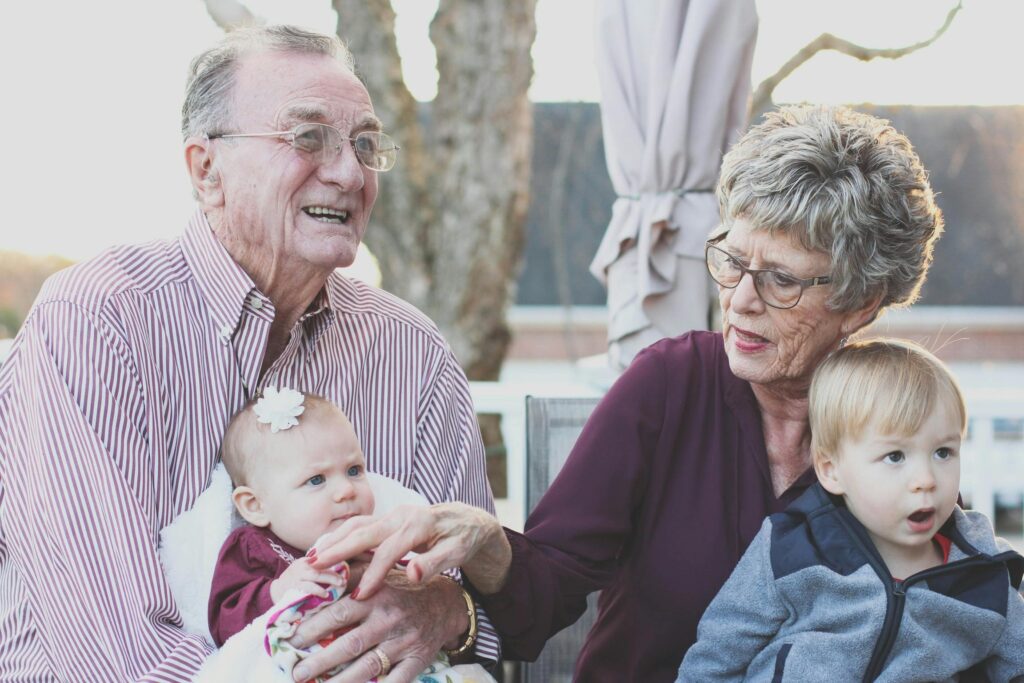How often do we think about the mental health of older adults?
In senior living, caring for the mind is just as important as caring for the body. Many seniors face stress, loneliness, or changes that can affect their well-being. By raising awareness, families and caregivers can create a supportive space where seniors feel understood and valued.
Let’s take the step today to learn more and help make mental health care a part of everyday senior living.
Fostering Support
Creating a caring environment in senior living helps older adults feel safe and valued. Support from staff, family, and peers can ease feelings of stress and loneliness. Simple actions like listening, spending time together, and showing kindness make a big difference. These small steps can improve both emotional and mental well-being.
It is also important to encourage open talks about feelings and struggles. Seniors should know that it is okay to seek help and share their thoughts. Communities can focus on breaking stigma with emotional support to build stronger bonds. This approach creates trust and helps seniors feel more connected each day.
Open Dialogue
Talking openly about feelings helps seniors feel heard and supported. When staff and family members encourage conversations, it builds trust. This simple practice can ease worries and reduce feelings of being alone. Open dialogue also shows seniors that their thoughts and emotions matter.
Communities that welcome honest talks create a stronger sense of belonging. Seniors feel more confident to share their needs without fear of judgment. Caregivers can also better understand challenges and provide the right help. With open communication, mental health becomes a shared priority in daily living.
Engaging Programs That Foster Wellbeing
Fun and meaningful programs can brighten the lives of seniors each day. Activities like art, music, gentle exercise, and group games bring joy and reduce stress. These programs also give seniors a chance to connect with others. Staying active in mind and body supports better emotional health.
Creating varied programs ensures there is something for everyone to enjoy. Seniors who join in feel a stronger sense of purpose and belonging. Regular activities help reduce loneliness and lift the mood. With the right support, engaging programs become a pathway to lasting wellbeing.
Commitment from Leadership
Strong leadership plays a key role in supporting mental health in senior living. When leaders show care and set clear priorities, staff and residents feel more secure. Their commitment helps create programs that focus on emotional well-being.
They encourage open talks, training, and better support systems for seniors. A steady focus from leadership makes it easier to address challenges. With their guidance, mental health becomes a shared goal for the whole community.
Building a Community of Awareness
Creating a community that understands mental health makes seniors feel supported.
When everyone works together, it reduces fear and misunderstanding. Education and awareness can help staff, families, and seniors recognize the signs of struggle.
Seniors feel more connected when they know others respect their feelings. Simple acts of empathy can ease stress and build trust. With awareness, the whole community grows stronger and more caring.
Embracing Change for Better Mental Health
Supporting the mental health of older adults is just as important as caring for their physical health. With kindness, open conversations, and strong leadership, we can create a safe and caring space for seniors.
Small steps make a big difference. Let’s work together to build a community where every senior feels heard, valued, and supported.
Did you enjoy reading this article? If so, then be sure to check out the rest of our blog for more!



